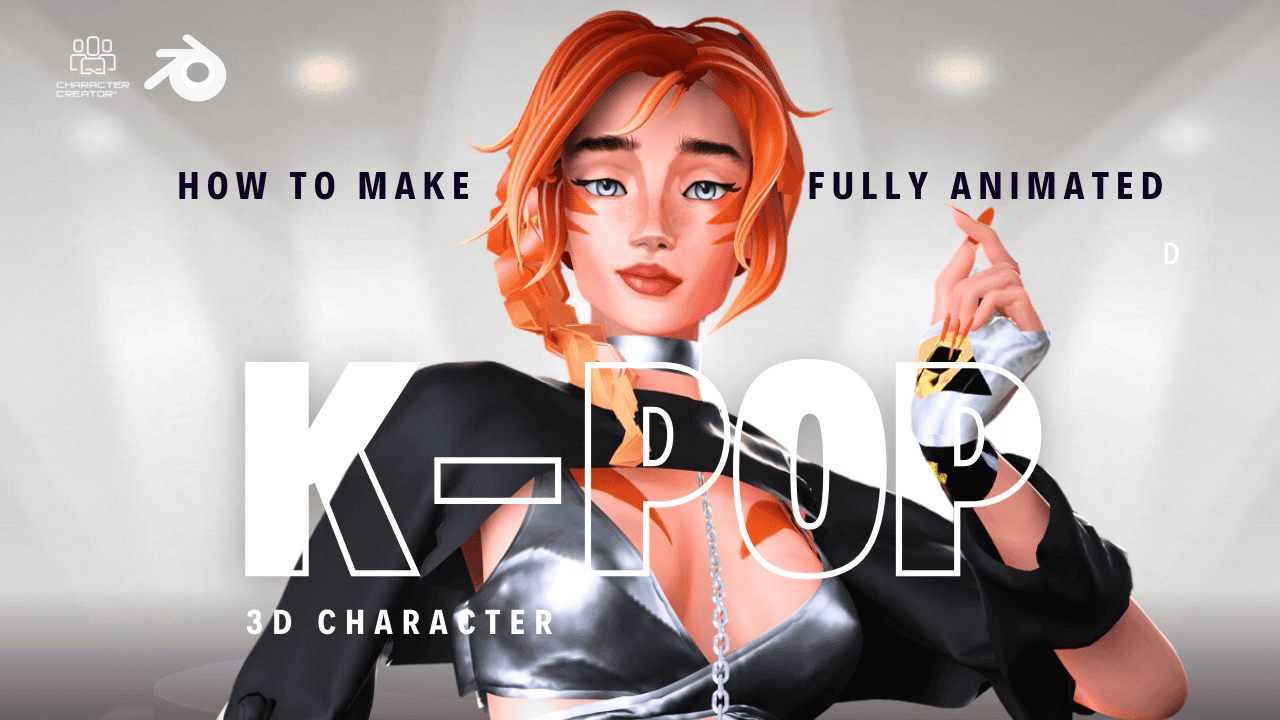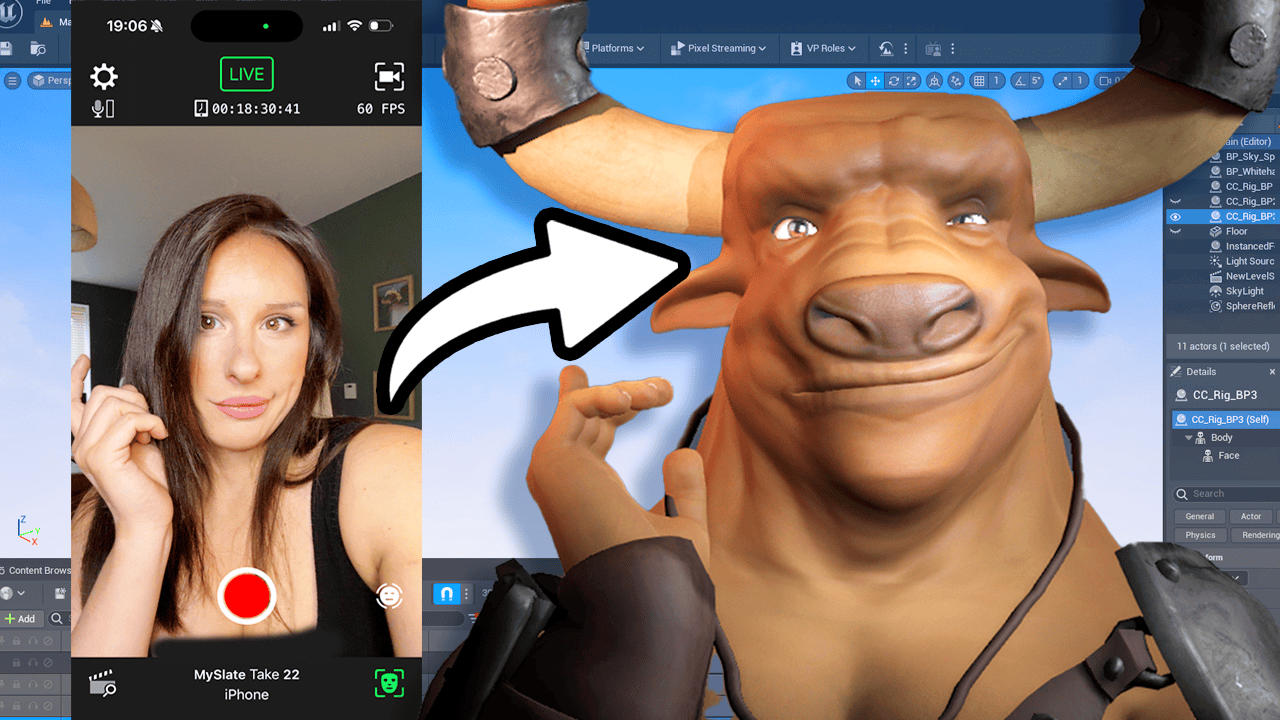The world’s biggest tech players, including Alphabet, Meta Platform, Snap, Alibaba, and Baidu, are competing with OpenAI’s ChatGPT. ChatGPT is an artificial intelligence chatbot developed by OpenAI. It uses reinforcement learning, a machine learning technique from human feedback to emulate human-written conversations based on a large range of user prompts. It is an example of generative AI, which can generate text, images or sounds in response to prompts given by users. The global AI market is expected to witness a compound annual growth rate of 38.1% to reach $1.59 trillion by 2030.
More than a million people engaged with ChatGPT within the first week of its launch for free public testing on Nov 30, 2022. Based on this success, OpenAI has been working on a more powerful version of the ChatGPT system called GPT-4, which is set to be released in 2023, possibly in the first quarter of the year.
Microsoft and OpenAI’s Partnership
Microsoft has invested at least $3 billion in OpenAI since 2019 to help the small tech firm create its ultra-powerful AI chatbot. In mid-January, the company announced a multiyear, $10 billion investment as part of the third phase of its partnership with OpenAI. The funding conditions stipulated that Microsoft would get 75% of OpenAI’s income until the point at which OpenAI earns back its initial investment from ChatGPT and other businesses like the image creation tool Dall-E.
Microsoft officially licensed its technologies to OpenAI in 2020 and is set to leverage ChatGPT in its search engine Bing and Office apps like Word, PowerPoint, and Outlook. The company is optimistic that generative AI advancements can increase revenues for its Azure cloud computing business. Recently, Microsoft announced that it is releasing a big update to Windows 11 that adds the company’s new AI-powered Bing search to the taskbar.
Chinese Tech Giants Enter the Chatbot Frenzy
Baidu plans to unveil its ChatGPT rival, Ernie bot, in mid-March. Ernie stands for Enhanced Representation through Knowledge Integration, and it is a large language model that was introduced in 2019. Baidu will embed Ernie Bot into its search service first to attract more users and boost market share in a profitable manner. The company intends to make the bot widely available to its intelligent driving unit and its business partners eventually. Baidu expects more business owners and entrepreneurs to build their models and applications on Baidu’s AI Cloud.
Alibaba, the world’s leading Chinese e-commerce company, has been developing a competitor to ChatGPT since 2017. The company is yet to provide any specific timeline for launching its ChatGPT competitor. If Alibaba.com implements generative AI technology like ChatGPT, Alibaba.com sellers could provide personalized customer service and support to potential buyers, thus enhancing customer experience and increasing the likelihood of sales. ChatGPT-style technology could also assist sellers with inventory management by providing insights into which products are popular with customers and predicting demand, which can the company optimize its inventory and reduce the risk of stockouts or overstocking.
Alibaba: Working on a competitor to ChatGPT
Alibaba, the world’s leading Chinese e-commerce company, is another major player in the race to develop generative AI technology. The company has been working on its ChatGPT competitor since 2017, but it hasn’t provided any specific timeline for its launch.
If Alibaba.com implements generative AI technology like ChatGPT, sellers could benefit by providing personalized customer service and support to potential buyers. This would enhance customer experience and increase the likelihood of sales. ChatGPT-style technology could assist sellers with inventory management by providing insights into which products are popular with customers and predicting demand. This would help the company optimize its inventory and reduce the risk of stockouts or overstocking.
Meta Platform: LLaMA
Meta Platform (formerly known as Facebook) is releasing a new AI tool called LLaMA, which stands for Large Language Model Meta AI. The tool is aimed at helping businesses improve sales and customer support.
LLaMA is being tested on WhatsApp and Messenger, and it’s presumed that they are conversation bots like ChatGPT. While these could be a fun use case for users, Meta could also leverage these features by offering them to businesses in areas such as sales and customer support. Meta is also experimenting with AI-aided filters and ad formats on Instagram along with “video and multi-modal experiences.”
Google: Bard AI
Alphabet subsidiary Google is set to launch its answer to ChatGPT in the first half of 2023. The chatbot, known as Bard AI, has been under development for the past two years and entered the testing phase in early February. Ultimately, the company will incorporate AI technology into its Google Search tool.
Google is using large language models to strengthen its search engine, specifically by helping anticipate the intent of users’ queries. Philipp Schindler, Google’s chief business officer, said on the company’s fourth-quarter earnings call that AI is also used to increase consumer interactions with ads.
Snap: My AI
Snapchat has also recently launched its own custom-trained chatbot called My AI for its paid subscribers. The chatbot is pinned in the conversations tab with friends and family and is created more like a persona, just like any other friend on Snapchat.
The primary difference between ChatGPT and Snapchat’s version is that the Snapchat version is more restrictive and adheres to the company’s safety and trust guidelines. My AI is trained by Snapchat’s employees to make it follow the company guidelines. The latest feature addition of My AI is expected to boost subscriber growth and drive the top line for Snap as lack of revenue diversification is a major concern for this company.
It’s clear that ChatGPT has sparked a fierce competition among some of the biggest tech players in the world, with each company developing their own versions of AI chatbots.
Microsoft has been a long-time supporter of OpenAI and has invested heavily in the development of ChatGPT. The company plans to use the technology to improve its Bing search engine and Office apps, among other things.
Chinese tech giants Baidu and Alibaba are also jumping on the AI chatbot bandwagon, with Baidu expected to unveil its Ernie bot in March and Alibaba currently developing its own ChatGPT competitor.
Other tech giants, including Meta Platform and Alphabet subsidiary Google, are also entering the fray with their own AI chatbots. While Snap’s My AI chatbot is more focused on providing a personalized experience for its subscribers.
The global AI market is expected to grow significantly in the coming years, and the emergence of generative AI technology like ChatGPT could be a game-changer for the industry. It remains to be seen which company will come out on top in this AI chatbot race, but one thing is clear: the future of AI chatbots is looking bright.





